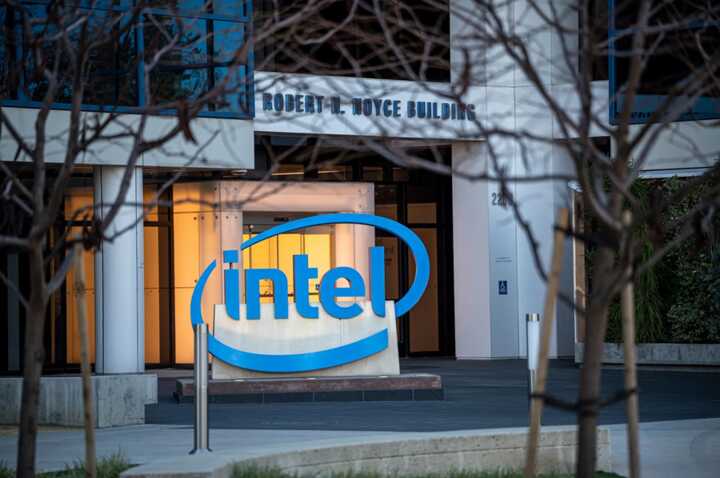
The European Commission levied the record fine in 2009, saying the chip maker had abused its dominance in the market
The US chipmaker Intel has won a long-running battle to quash a fine of more than €1bn imposed by the European Commission for allegedly abusing its market dominance in the sale of computer chips.
In a final ruling on Thursday, theEuropean court of justice upheld an earlier judgment that had quashed the €1.06bn (£880m) fine and partly dismissed the charges of anticompetitive behaviour.
But the ruling by the EU’s highest court is not the last word in the dispute, which dates back more than two decades. Intel has launched a fresh legal case against the commission, contesting a separate €376m fine based on elements of the 2009 decision that were upheld by judges.
The lengthy legal saga – based on an investigation into methods to sell central processing units or CPUs, the “brain” of a computer – has become a byword for the EU’s labyrinthine processes, whereby cases can bounce between courts for years.
The former Italian prime minister Mario Draghi even made a reference to the case as a high-profile “visible instance” of slow decision-making in his recent report warning of an existential threat to the European economy from US and Chinese competition.
The story began 24 years ago when a rival chipmaker submitted a complaint to EU competition authorities, which eventually led to an investigation being launched in 2004. Five years later, in 2009, the commission concluded that Intel had abused its dominant market position and issued a then record €1.06bn fine.
The commission alleged that Intel, then the world’s biggest chipmaker, had abused its market dominance by giving wholly or partly “hidden rebates” to computer manufacturers, including Dell, Hewlett-Packard and Lenovo, on condition they bought Intel’s CPUs.
EU officials also accused Intel of paying computer-makers to halt or delay the launch of products containing rival chips, known as “naked restrictions”, in EU competition law.
Intel sought to annul the ruling in 2009 and lost in the EU’s general court in 2014, but went on to succeed on appeal in 2017 when the EU’s highest court opened the case for review, declaring a legal error.
The case returned to the general court, which in 2022 annulled part of the 2009 decision, but upheld the commission’s finding of market abuse through naked restrictions, ie those that only have the aim of eliminating rivals. In 2022, judges also cancelled the entire €1.06bn fine, as they said they were unable to determine how much of the penalty related to the naked restrictions.
In response, the commission reimposed a fine of €376m last September based on the naked restrictions, prompting the fresh legal challenge from the US firm, which is still in the court system.
But Intel won its challenge to the commission’s economic analysis: judges argued that Brussels had not proved that Intel’s rebates shut out competitors.
A spokesperson for Intel said: “We are pleased with the judgment delivered by the court of justice of the European Union today and to finally put this part of the case behind us.”
A commission spokesperson said: “We take note of the judgment and we will of course carefully assess it.”
Read more similar news:
Comments:
comments powered by Disqus































